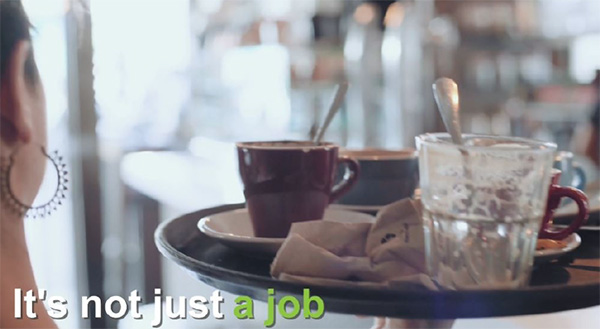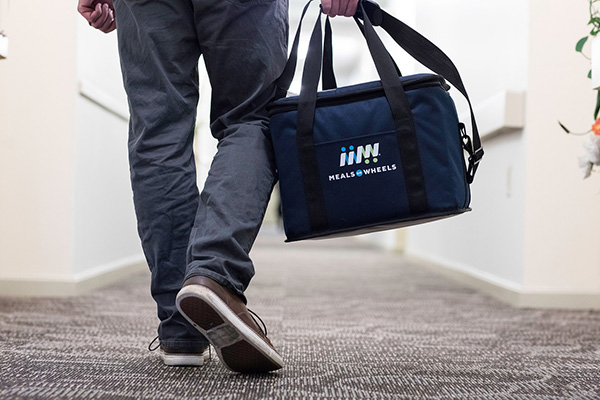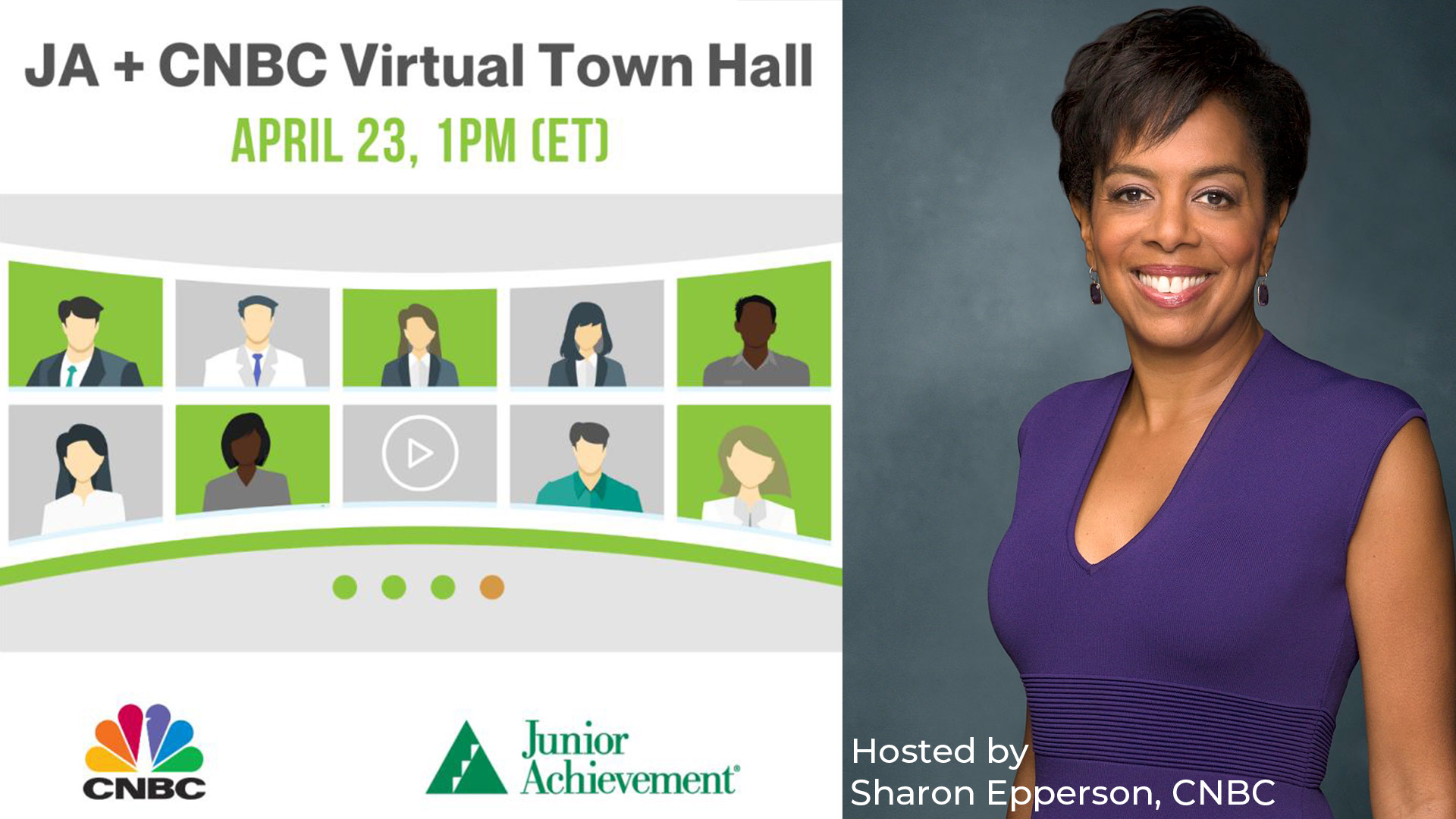Author: Jack E. Kosakowski, President & CEO of Junior Achievement USA
Recently, and for the first time, the number of job openings in the United States exceeded 10 million, according to the Bureau of Labor Statistics Job Openings and Labor Turnover Summary (JOLTS) Report. At the same time, there are more than 7 million who are eligible to work but who are unemployed.
Over the past several months, there has been a great deal of conversation around what’s happening in the American workforce. This includes “The Great Resignation,” where record numbers of workers are quitting their jobs, citing everything from pandemic-related burnout and lagging wages to a complete reassessment of what a job should be in light of everything our society has experienced recently. When you hear these accounts, it’s natural to assume that this is a short-term issue that will work itself out over time as COVID-19 becomes more manageable and people get to the point where they must work to provide for themselves and their families.
The fact is, there is a longer-term problem at hand. Even before the pandemic, employers were struggling to find qualified workers. This had been an issue for several years. However, the difference between now and then is that record numbers of qualified professionals, primarily Baby Boomers, accelerated their plans for retirement during the pandemic. Unfortunately, while one of the most skilled generations in our nation has begun to move out of the workforce en masse, there aren’t similarly skilled younger workers prepared to take their place. More than anything else, this reality could help explain why there are 10 million job openings in need of qualified applicants and so few who can fill them.
The question is, “Why aren’t today’s younger workers more inclined or better prepared to take on these roles?” Ironically, Millennials are one of the most educated generations in history. Unfortunately, according to a 2015 study from the Educational Testing Service (ETS), that education failed to sufficiently cover critical skills needed for employment, including STEM, communication, and critical problem-solving, for too many members of that generation. Additionally, in terms of career aspirations, a 2019 survey by Morning Consult showed that 86 percent of teens and young adults were interested in “Social Media Influencer” as a career choice.
Now, this isn’t to say every teen or young adult is on YouTube, TikTok, or Instagram trying to be the next Kim Kardashian or Jake Paul. For instance, the top college majors as of 2021 still focus on critically needed professions like business, healthcare, engineering, and education. And there are millions of Millennials and Gen-Zers who are finding work and career success in those and many other fields. But when our young people look to career role models, should it be surprising that those role models come from something they are extremely familiar with, like social media, and not engineering, for instance?
The truth is, as a society, we need to do a better job of tying education to work and career outcomes so that we don’t end up with such a significant disparity between people looking for jobs and jobs looking for people. This includes helping young people draw the connection between what they are learning in school and its application to success outside of the classroom. This means helping students explore their interests, talents, and strengths and linking them to an educational pathway that results in the knowledge, skills, attitudes, and competencies needed to find meaningful and rewarding jobs and careers. This also means putting them in contact with successful professionals in their communities who can serve as role models to inspire them to be the next engineer, technician, educator, skilled tradesperson, or physician, and not necessarily the next social media star.
Junior Achievement learning experiences do just that. As the result of JA’s work and career readiness pathways approach, which complements similar coursework in financial literacy and entrepreneurship, our program alumni tell us that Junior Achievement played a significant role in increasing their educational attainment, professional development, and career satisfaction. Part of our educational delivery includes engaging professionals from the local community as volunteers to deliver our learning experiences while sharing their work and career journeys with students. The combination of our volunteer delivery model and curriculum has been shown to inspire and prepare young people to find work and career success as adults.








